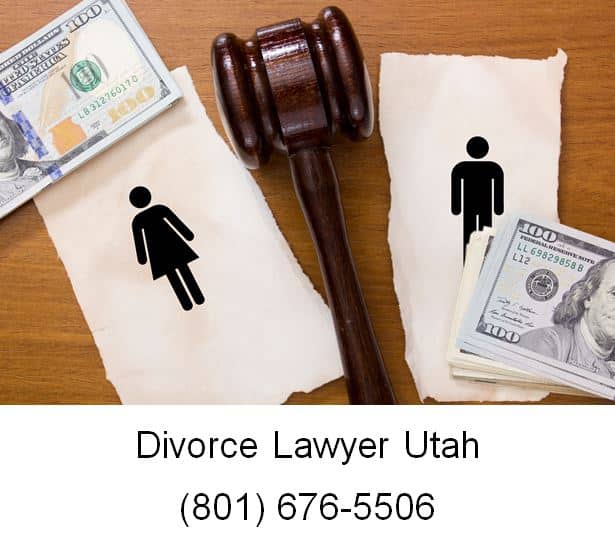When you file for divorce, you are required to provide the court with certain information. For example, you must give the court the legal authority to actually process your case.
A divorce petition — occasionally also referred to as a divorce complaint — allows you to present certain facts that indicate you meet all jurisdictional requirements for the divorce. These conditions vary depending on the state in which you live.
If you have somehow made a mistake regarding the requirements for filing the divorce petition, a court will instantly dismiss it. Your case could also be dismissed if you fail to include any required item in the petition.
That’s not the only way you could make your case more difficult on yourself by improperly filing the petition. You must inform the court on what you are seeking in your divorce. If you do not understand the divorce laws in Utah, you could accidentally leave out requests for benefits to which you are legally entitled, which means you will not get that benefit once the divorce is finalized.
Importance of properly filing your divorce petition
For your divorce proceedings to begin, you must serve your spouse with a copy of the petition. However, you are not allowed to mail it. Instead, you may have a police officer or process server deliver the petition in person. This individual will also deliver what’s called a “summons,” which notifies your spouse of the due date by which he or she needs to respond.
What to Expect as a Witness in a Divorce Deposition
Divorce depositions, like those associated with most other civil cases, involve parties making sworn statements about certain elements of the case in question. This could include information on finances, assets or a variety of other issues.
In some situations, third-party witnesses might get called in to be deposed, as well. Attorneys representing either spouse could reach out and ask to speak to a witness directly to get key information. These witnesses may also sign an affidavit, a sworn written statement that contains information on issues relevant to the divorce case.
What happens at a divorce deposition?
To call in a witness to a divorce deposition, attorneys must serve that witness with a subpoena, either personally or via a police officer or process server. This subpoena will specify when and where the deposition will occur (typically in the office of the deposing attorney). At the deposition, a court reporter will be on hand to record everything the witness says. Both spouses and their divorce lawyers may also be present.
Witnesses in these depositions also have the right to legal counsel. This is especially important if a witness will be asked questions that would be protected by doctor-patient privileges or other sensitive issues. Because there are no judges present, lawyers have the ability to ask just about any question. Witnesses are required to answer honestly, unless an attorney instructs them not to answer at all.
To that end, it’s a good idea to at least speak with a family law attorney ahead of time if you are to be a witness at a deposition. This will give you an opportunity to go over the types of questions you should avoid answering (if applicable) and will give you a better feel for what to expect in this process.
Free Consultation with Divorce Lawyer in Utah
If you have a question about divorce law or if you need to start or defend against a divorce case in Utah call Ascent Law at (801) 676-5506. We will fight for you.
8833 S. Redwood Road, Suite C
West Jordan, Utah
84088 United States
Telephone: (801) 676-5506
Recent Posts
Protect Your Business in Divorce
Fraudulent Conveyance Explained
Interstate Enforcement of Child Custody
Avoid Motorcycle Accidents at Night
From https://www.ascentlawfirm.com/why-you-need-an-attorney-for-divorce/


No comments:
Post a Comment